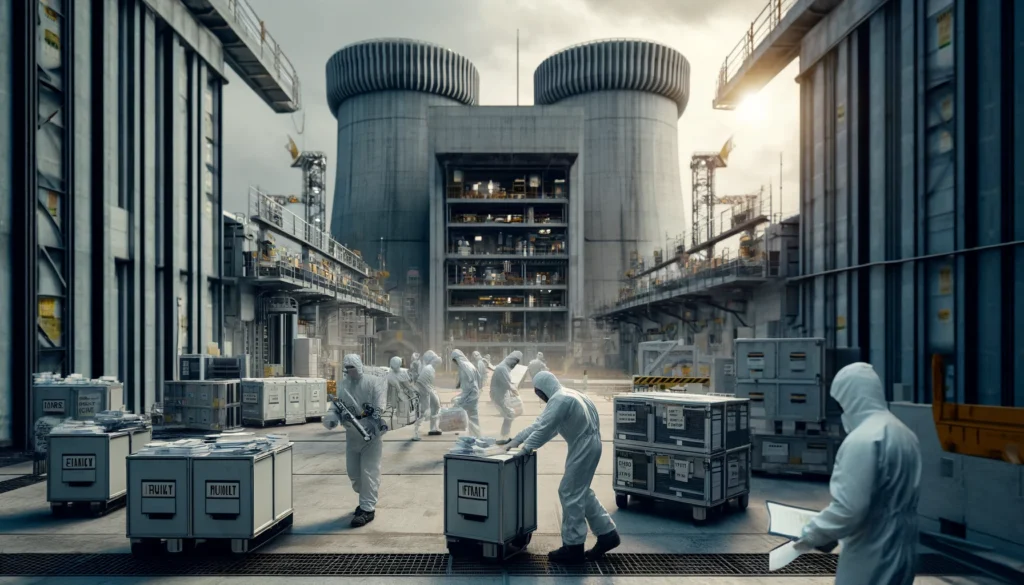In an unprecedented move, the Islamic Republic of Iran has temporarily closed its nuclear facilities this week due to “security considerations” amidst concerns of a potential retaliatory airstrike from Israel. The closures follow Iran’s recent barrage of over 300 missiles and drones launched at Israel — marking the first direct attack ever by the nation against the Jewish state. International concerns are mounting at a rapid pace, with this dramatic unfolding of events raising the stakes in an already tense geopolitical climate.
Iran’s decision to shut down its nuclear facilities was revealed by International Atomic Energy Agency (IAEA) chief Rafael Grossi at a U.N. Security Council meeting. “We are always concerned about this possibility,” Grossi admitted, adding that inspectors were informed by Iran’s government that the facilities would remain closed for security reasons. This move not only highlights growing fears of a full-scale military confrontation, but also signals the increasing volatility of the situation in the Middle East.
In the wake of Iran’s missile and drone attacks, numerous foreign policy and military experts have urged Israel to respond by striking Iran’s nuclear program. They argue that the window of opportunity for Israel to act is rapidly closing. Former Trump national security adviser John Bolton, for example, noted that Israel should view the situation as “an opportunity to destroy Iran’s nuclear weapons program, which is the existential threat that Israel faces.”
Adding to these voices, Mark Dubowitz, CEO of the Foundation for Defense of Democracies (FDD); and Brigadier General (Res.) Professor Jacob Nagel, Senior Fellow at FDD and former top Israeli official, jointly argued in an article that Israel must now focus on neutralizing Iran’s nuclear scientists and their ability to build a weapon. They warned, “After this weekend, the threat of a nuclear weapon being deployed from inside Iran toward Israel is a step closer to reality.”
However, not all experts agree with this approach. Some caution that an attack on Iran’s nuclear facilities could strengthen Iran’s resolve to build nuclear weapons and ultimately lead to “Iran’s decision to break out.”
As the world closely monitors the situation, analysts are also concerned about the timing of Israel’s potential response. The longer Israel waits to react, the less significant and impactful their response is likely to be. With each passing moment, the chances of a strategic, calculated move diminish, increasing the possibility of a less effective and potentially dangerous outcome.
In conclusion, Iran’s temporary closure of its nuclear facilities signals a significant escalation in tensions with Israel and the wider global community. The possibility of a direct military confrontation looms dangerously close, and experts are divided on the best course of action for Israel to take. Nonetheless, the consensus seems clear: it is crucial for Israel to respond swiftly and decisively in order to address the ever-growing threat and to minimize the potential damage posed by Iran’s nuclear ambitions. The unfolding situation highlights not only the fragility of peace in the region, but also the urgent need for an effective and united international response to address these unprecedented challenges.



